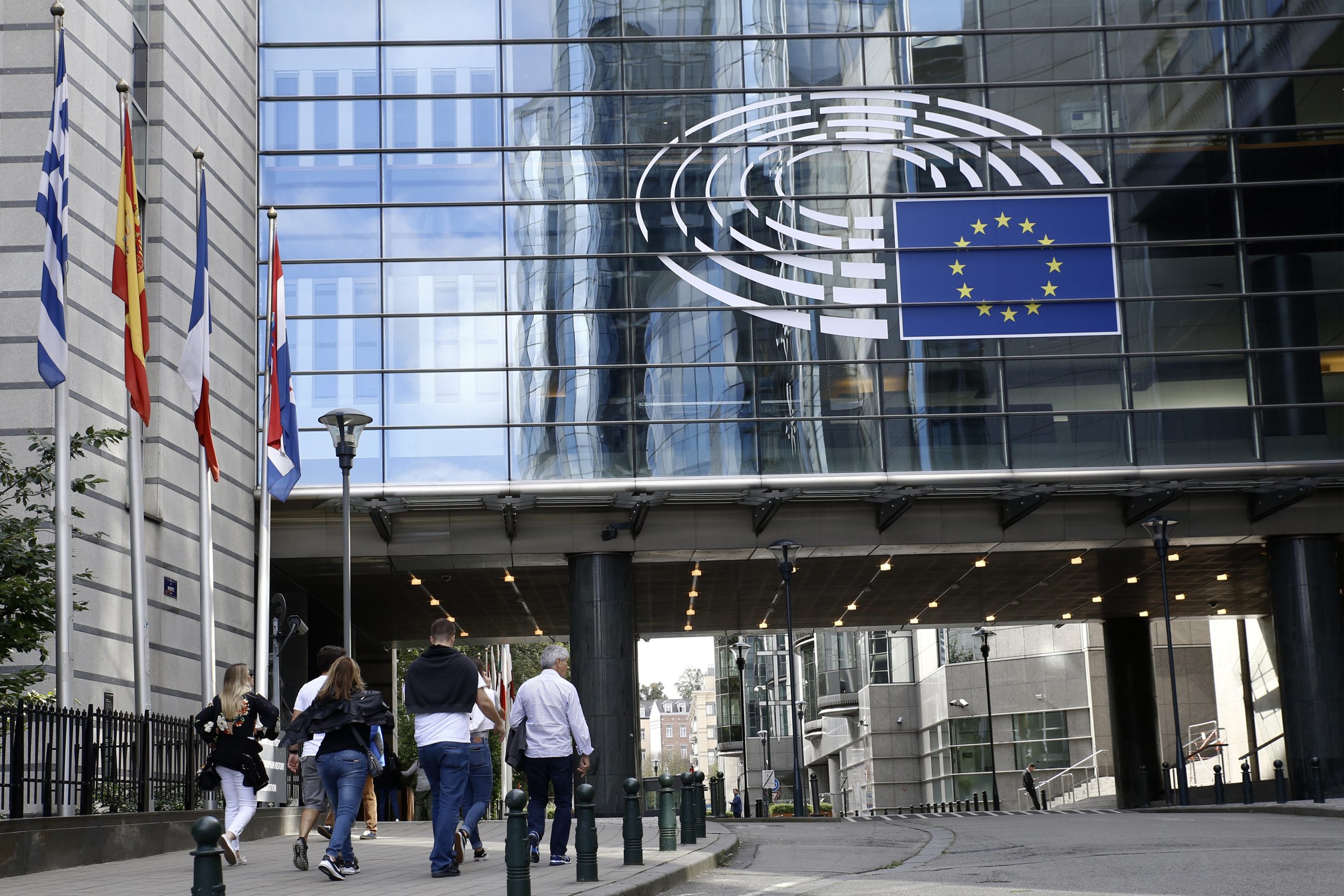
Parental Rights vs. State Intervention: Florida’s Controversial Social Media Bill
Florida lawmakers have recently passed a bill proposing one of the nation’s most stringent restrictions on minors’ use of social media, aimed at prohibiting access for individuals under the age of 16. This development, reported by ABC News, has sparked a wide-ranging debate over the intersection of digital policy, parental rights, and constitutional liberties. The bill, receiving bipartisan legislative support, navigates through complex concerns surrounding privacy, the addictive nature of social media, and the potential for harm to minors, including increased suicide rates, cyberbullying, and predatory behavior.
The Florida bill mandates social media companies to verify users’ ages and to deactivate accounts believed to be operated by minors, or upon request by minors or their parents, while also necessitating the deletion of any associated data. The bill mandates age verification among other requirements, which have been previously deemed unconstitutional violations of the First Amendment in other jurisdictions. The sponsor of the bill, Representative Tyler Sirois, asserts that the bill’s intent is to protect children, a stance that appears to contradict evidence suggesting limited inherent danger of social media to minors. This bill’s approach to addressing concerns about social media’s impact on children not only raises constitutional questions but also undermines parental autonomy and responsibility by legislating a comprehensive ban rather than targeting support towards minors who may be adversely affected by social media.
Critically, the bill has been criticized for its potential hypocrisy, as it ostensibly violates principles of limited government, individual responsibility, and constitutional liberty—values its sponsor claims to uphold. The proposal exemplifies a broader cultural conflict, prioritizing ideological battles over constitutional fidelity and evidentiary support. As such, it represents a contentious addition to a series of legislative efforts that have been challenged on constitutional grounds, reflecting ongoing debates over the regulation of digital spaces and the rights of minors in the context of social media use. Critics of the bill also argue that it infringes on First Amendment rights and undermines parental authority in monitoring their children’s social media usage. Proponents, however, justify the bill on the grounds of protecting children from the manipulative and addictive features inherent in many social media platforms. The legislation’s fate now lies with Governor Ron DeSantis, who has previously expressed reservations about the bill’s approach to addressing the nuances of social media’s impact on minors while acknowledging the need for parental involvement in moderating their children’s digital interactions.
This is not the only bill that has caused a major controversy about child protection. The Kids Online Safety Act (KOSA), represents a significant bipartisan federal legislative effort aimed at enhancing online protections for children and teenagers. This comprehensive bill mandates that digital platforms, including social media networks, video game sites, and messaging applications, implement “reasonable measures” to safeguard minors from a spectrum of online threats such as bullying, harassment, sexual exploitation, anorexia, self-harm, and predatory marketing. Additionally, KOSA stipulates that these services activate the highest privacy and safety settings by default for users under 18 and grants young individuals the capability to limit or opt out of features that promote compulsive app usage, such as personalized newsfeeds, smartphone notifications, and autoplay videos.
The bill has garnered support from a broad array of senators and is endorsed by notable children’s groups and medical organizations. Snap, the parent company of Snapchat, has notably emerged as the first major social media entity to endorse KOSA, marking a significant moment of tech industry support for the legislation.
Despite its promising objectives and wide-ranging support, KOSA faces considerable challenges, particularly from civil rights and digital rights organizations such as the American Civil Liberties Union and the Electronic Frontier Foundation. These groups have expressed concerns over the bill’s potential to impinge on free speech, arguing that its broad and vaguely defined criteria for harm could lead to the censorship of content related to sensitive and politically divisive topics like reproductive health or gender identity. This tension highlights the complex balance between protecting minors online and preserving the fundamental principles of free expression in the digital age.
This legislative initiative reflects a broader discourse on the regulation of digital spaces, highlighting the tensions between safeguarding children’s welfare and upholding constitutional freedoms. The bill’s progression is emblematic of the evolving challenges and considerations at the intersection of technology, law, and society, as lawmakers grapple with the implications of digital platforms on the younger population’s mental health and safety.
As children increasingly inhabit digital spaces, encountering a spectrum of content from educational resources to potentially harmful material, the imperative to safeguard their online experiences has never been more critical. At the heart of the argument for parental responsibility is the principle of guardianship. Parents, as the primary caregivers, possess an intimate understanding of their children’s needs, capabilities, and vulnerabilities. This unique insight positions them well to guide, monitor, and regulate their children’s online activities. The proponents of parental responsibility advocate for active parental involvement, including setting boundaries for internet use, educating children about online safety, and employing parental control tools to filter content. However, the challenges of the internet often outpace parents’ ability to monitor and control online exposure effectively. The state’s involvement in protecting children online is predicated on the idea of safeguarding the public good and ensuring the welfare of its youngest citizens. Through legislation and regulation, the state can establish standards and frameworks that compel online platforms to implement safety features, restrict access to harmful content, and respect privacy rights. Critics of state intervention often raise concerns about overreach and the potential for infringing on free speech. There needs to be a delicate balance to be struck between protecting children and preserving the open, democratic nature of the internet.
The responsibility for protecting children online does not rest solely with parents or the state. Instead, it requires a concerted effort that combines the strengths of both, along with contributions from the wider community. By fostering a multi-stakeholder approach, we can create a digital ecosystem that supports the healthy development of children, equipping them to navigate the complexities of the online world safely and responsibly. And technology companies have a responsibility to design and operate platforms that prioritize user safety, especially for minors, incorporating features that promote privacy, enable content filtering, and facilitate parental oversight.
János Tamás Papp JD, PhD is an assistant professor at Pázmány Péter Catholic University, Hungary, and a legal expert at the Department of Online Platforms of the National Media and Infocommunications Authority of Hungary. He has taught civil and constitutional law since 2015 and became a founding member of the Media Law Research Group of the Department of Private Law. He earned his JD and PhD in Law at the Faculty of Law and Political Sciences of the Pázmány Péter Catholic University. His main research fields are freedom of speech, media law, and issues related to freedom of expression on online platforms. He has a number of publications regarding social media and the law, including a book titled „Regulation of Social Media Platforms in Protection of Democratic Discourses”








